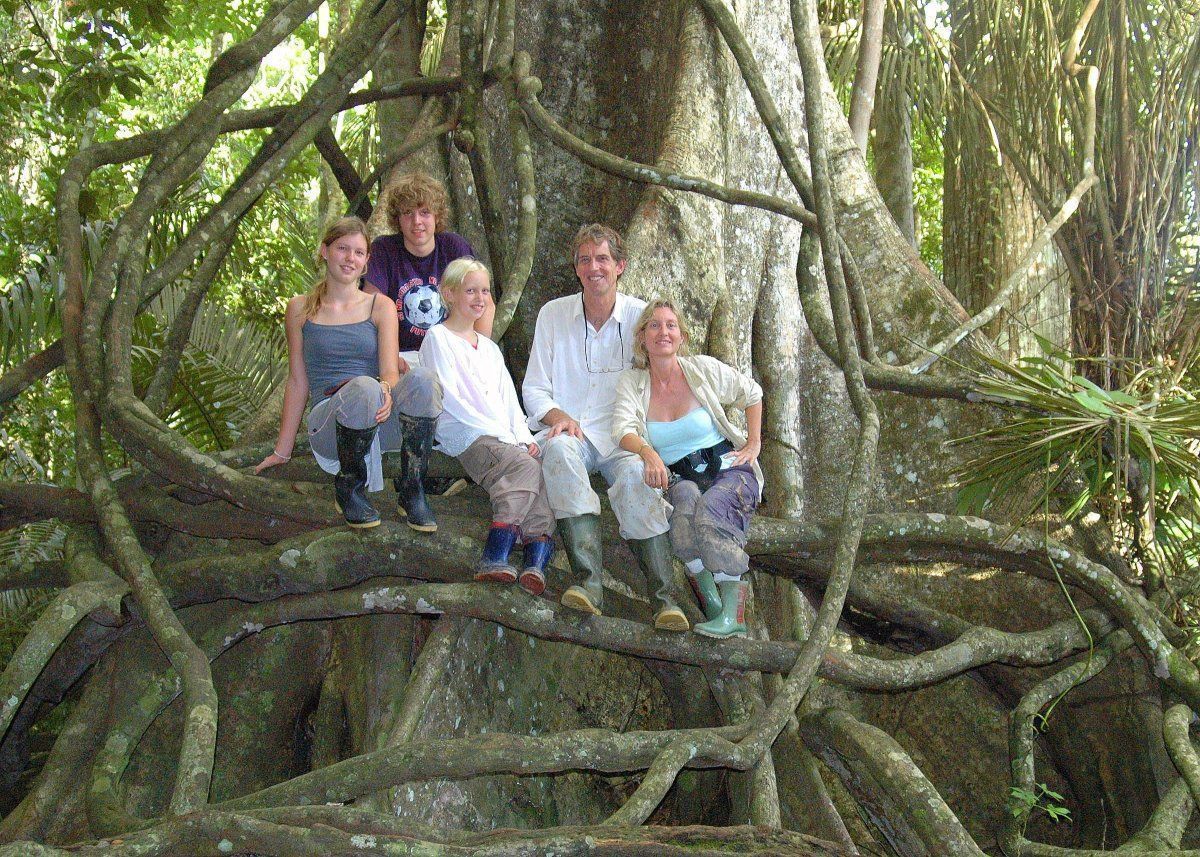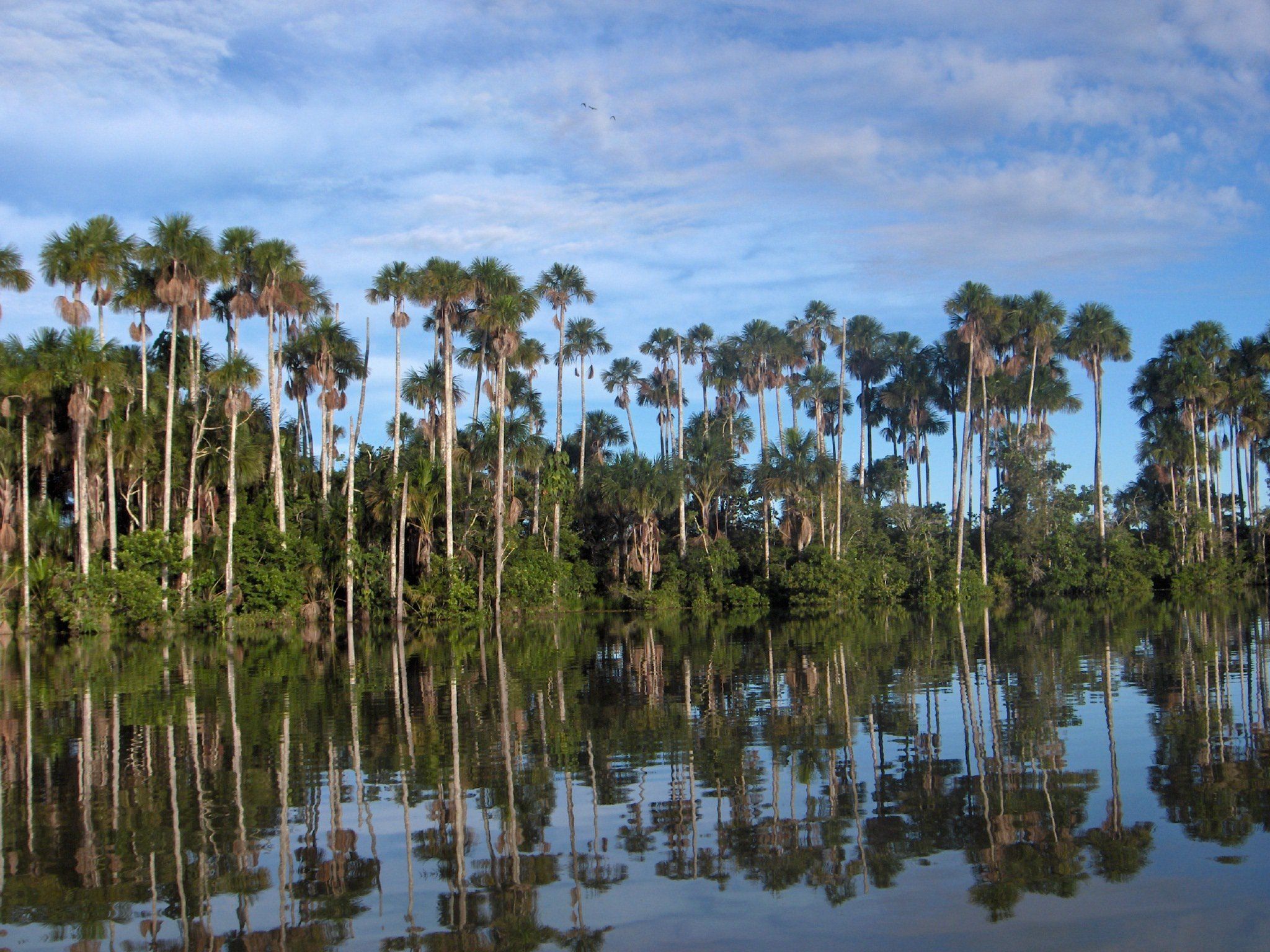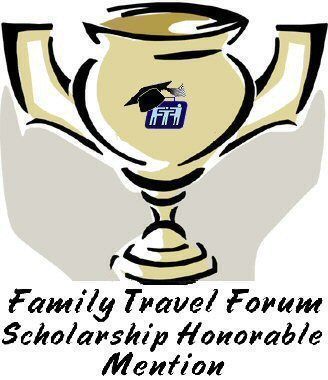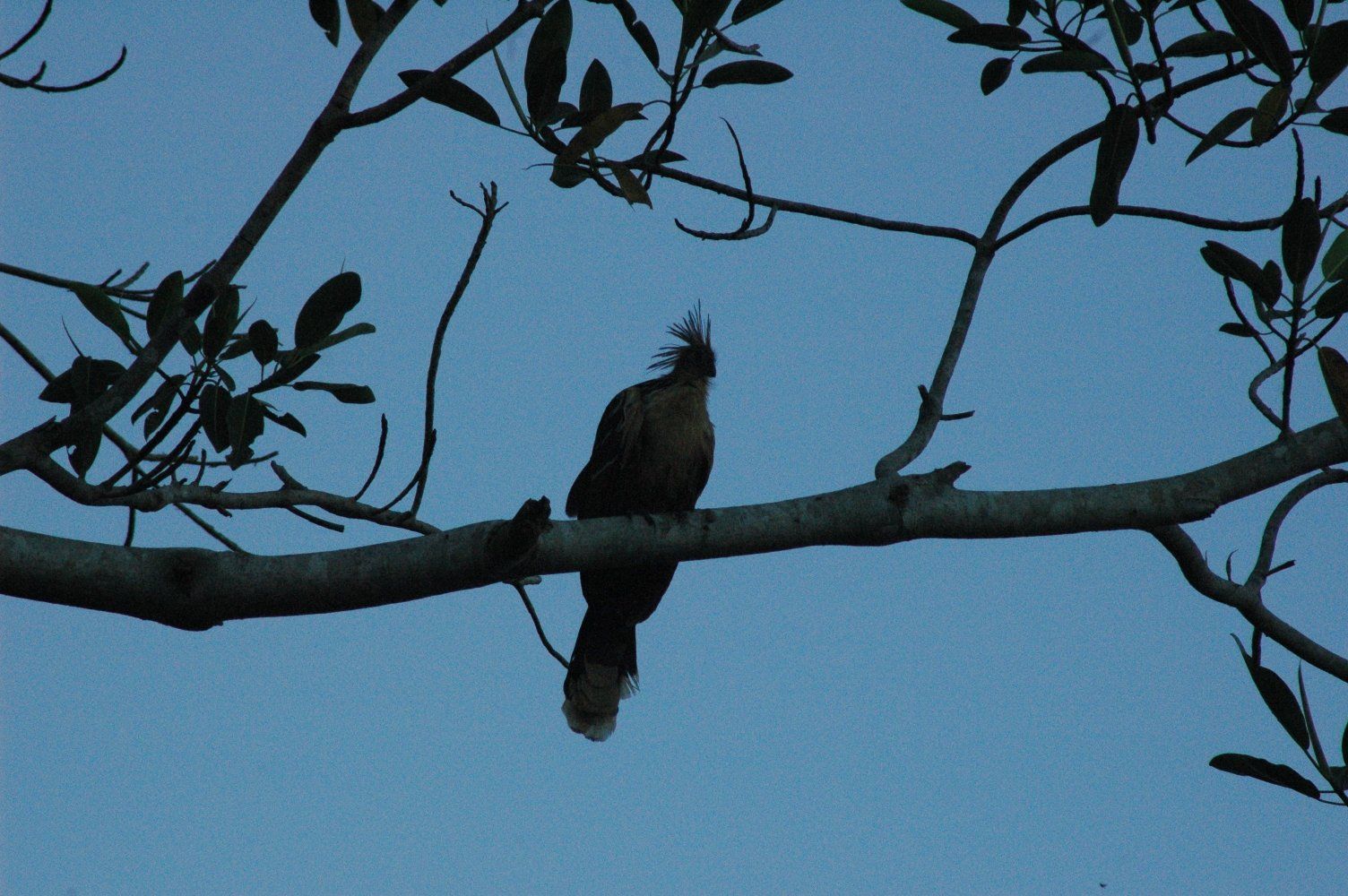Yeah, sure I’m in IB Biology and my mom is a conservation biologist, but I’m not quite the rainforest type. As a seventeen year old, I prefer our nocturnal sleeping schedules as opposed to the early jungle one. And it’s hard to fathom a place with limited electricity and a short hot water supply. So I trudged with hesitation to the plane destined for Puerto Maldonado, a remote port in Southern Peru.
My family of five was welcomed with a blast of humidity and a short guide, embodying the stout Peruvian figure. For five days he would guide us in the largest river basin in the world: the Amazon River basin. Measuring 4,195 miles long and 2,720,000 square miles in area, it holds approximately one third of the world’s species. My parents wanted us to see nature in a new light– as a complex ecosystem, essential for human survival. This was not just another camping trip, nor even the tropical forest station in Costa Rica. But as long as we didn’t encounter anacondas and poisonous spiders, I was up for it.
At the eco-tourism office, I replaced cute sandals with thick black rubber boots as we repacked five bulging suitcases into three duffels. Bring only what you can carry. I glanced at my skirts, sundresses, and perfume stashed in a corner. But soon, my American materialistic lifestyle would be forgotten.
We clamored onto a 20 ft. motor-powered canoe. I sat behind my fourteen-year-old brother and next to my ten-year-old sister, who could spare me of NFL chatter. For five hours we passed grass huts resting on eroding riverbanks and children fishing with rusty hooks. Although I live in Argentina, there was no comparison. The closest I got was kayaking on the Rio de la Plata, next to Buenos Aires skyscrapers engulfed in smog.
It started to pour, and I secretly thanked my parents for ordering us to pack hideous yellow ponchos. The engine sputtered to halt at the Bolivia-Peru border. Forget high-tech lookouts like the Mexican border; all that decorated the soil was an outhouse and four edgy guards with guns tucked loosely into their belts. As a blonde hair, blue-eyed group, we were recommended to pay a noncompulsory fee for ‘protection’. In other words, bribery works like a charm.
The scarlet tinted sun was hiding behind the jungle canopy as orange and mango pulp from fruit drinks graced our throats. At the Heath River Lodge, I decided to follow Darwin’s advice and adapt to my surroundings. Survival of the fittest. I doubted I could evolve in five days, but it was worth a try. I slid my clothes, visible from a lonely candle, under the mosquito netting that guarded the twin beds. Grasping my sister’s hand, we stumbled onto the dark path for our night walk. Sight was impossible, so we relied on our senses and our guide’s flashlight. After forty minutes, I was proud to have found a dragonfly, while our guide casually pointed out a sloth, tarantula, and dozens of Barry Bonds insects — insects so large that they bulged from either an unusually macho DNA sequence or, what seemed more likely, steroids.
Two mornings later, after wild hikes and squash soup, showers in the pitch black and toxic amounts of repellent, we left the Heath River Lodge and traveled downstream to the Sandoval Lake Lodge. All that blocked us from our destination was a strenuous hike through thick mud. I gave up keeping clean: mud always conquers man. We bet on who would fall headfirst first, my mom or sister. My mom won. Two miles and a boat ride later, the hammocks in the lodge cushioned our exhausted fall. We found our comfort drink (hot chocolate in eighty degree heat- don’t ask me why).
Mud was caked to my socks and my thin polyester pants, as I prayed that my hair still appeared blonde, unlike my sister’s. We were bidding au-revoir to the Sandoval Lake Lodge. Although awaiting civilization, I was hesitant to leave behind the macaws, hot chocolate, hammocks, river otters, muddy hikes, and even the safety of my mosquito netting.
The remorseful realization hit me that most people won’t travel down the same murky river. Yet discovering nature is easier than flying thousands of miles to spot a red howler monkey: the trick to exposing Darwin’s world of survival of the fittest is by removing a layer of human presence. How? In the spirit of Robert Frost, take the road less traveled.
Dear Reader: This page may contain affiliate links which may earn a commission if you click through and make a purchase. Our independent journalism is not influenced by any advertiser or commercial initiative unless it is clearly marked as sponsored content. As travel products change, please be sure to reconfirm all details and stay up to date with current events to ensure a safe and successful trip.



